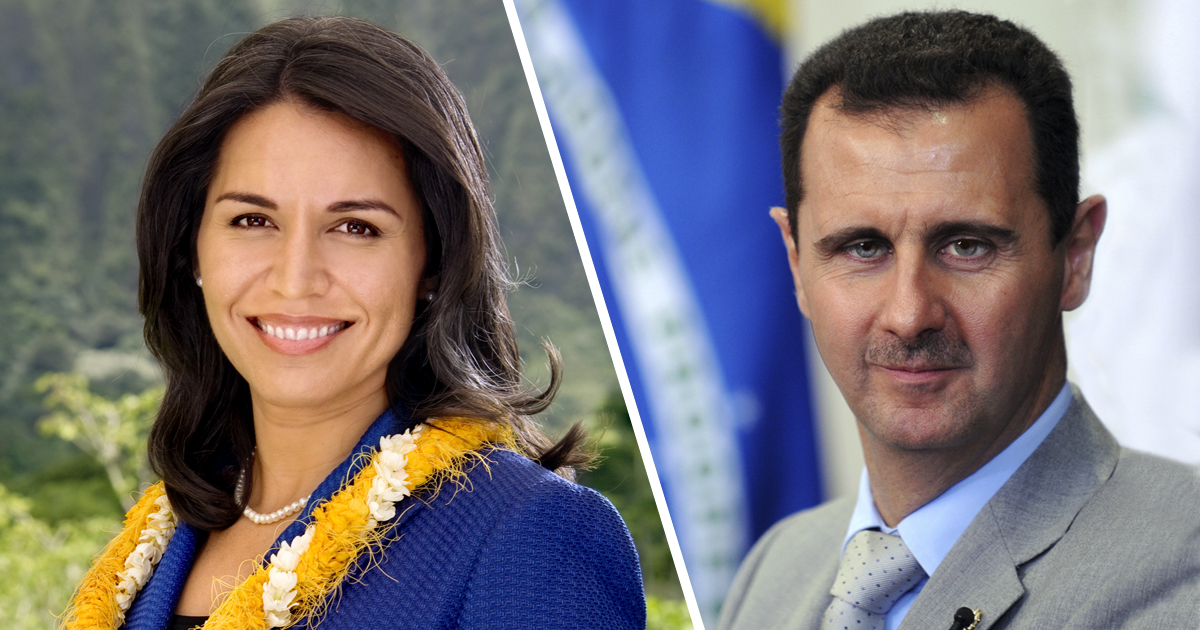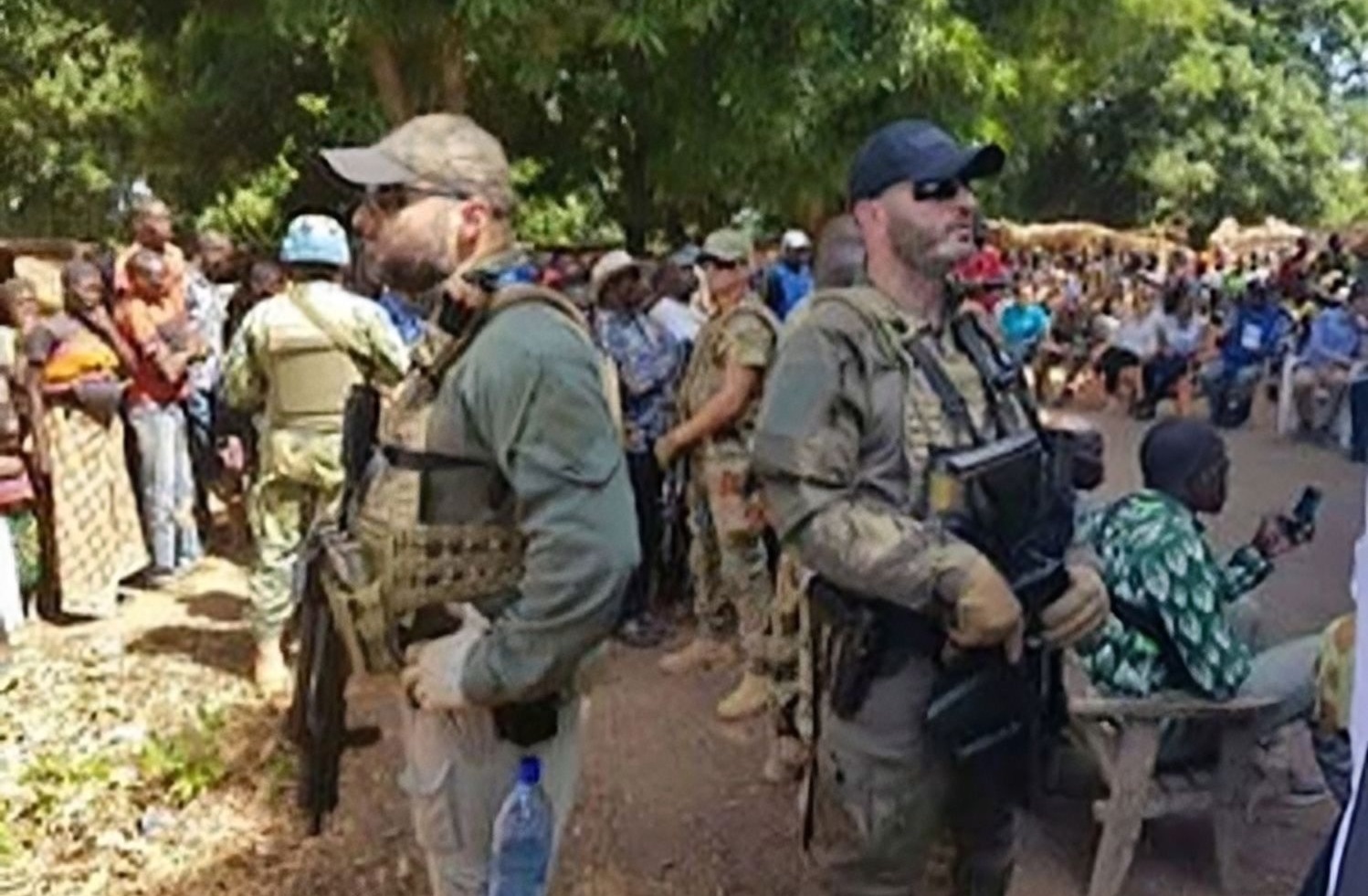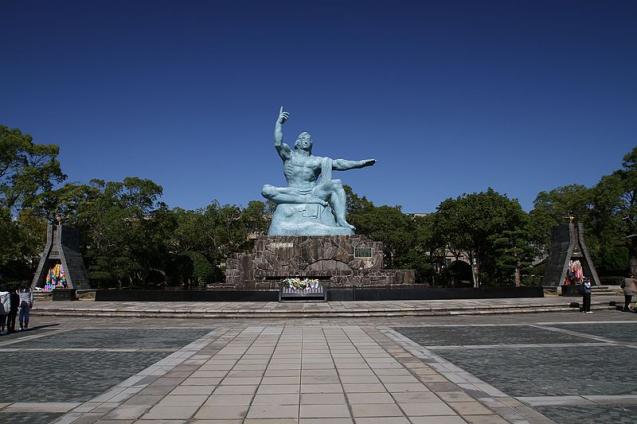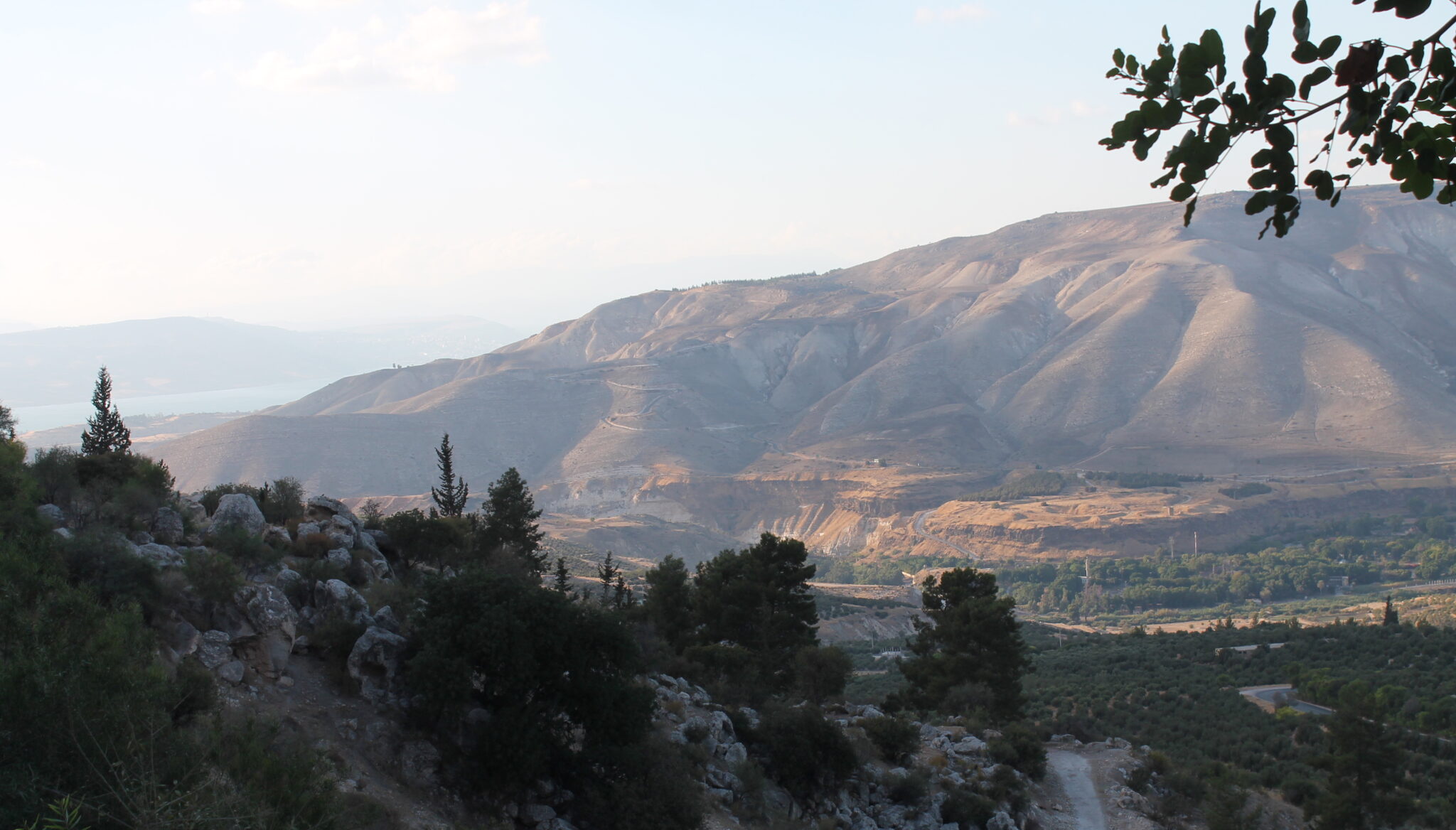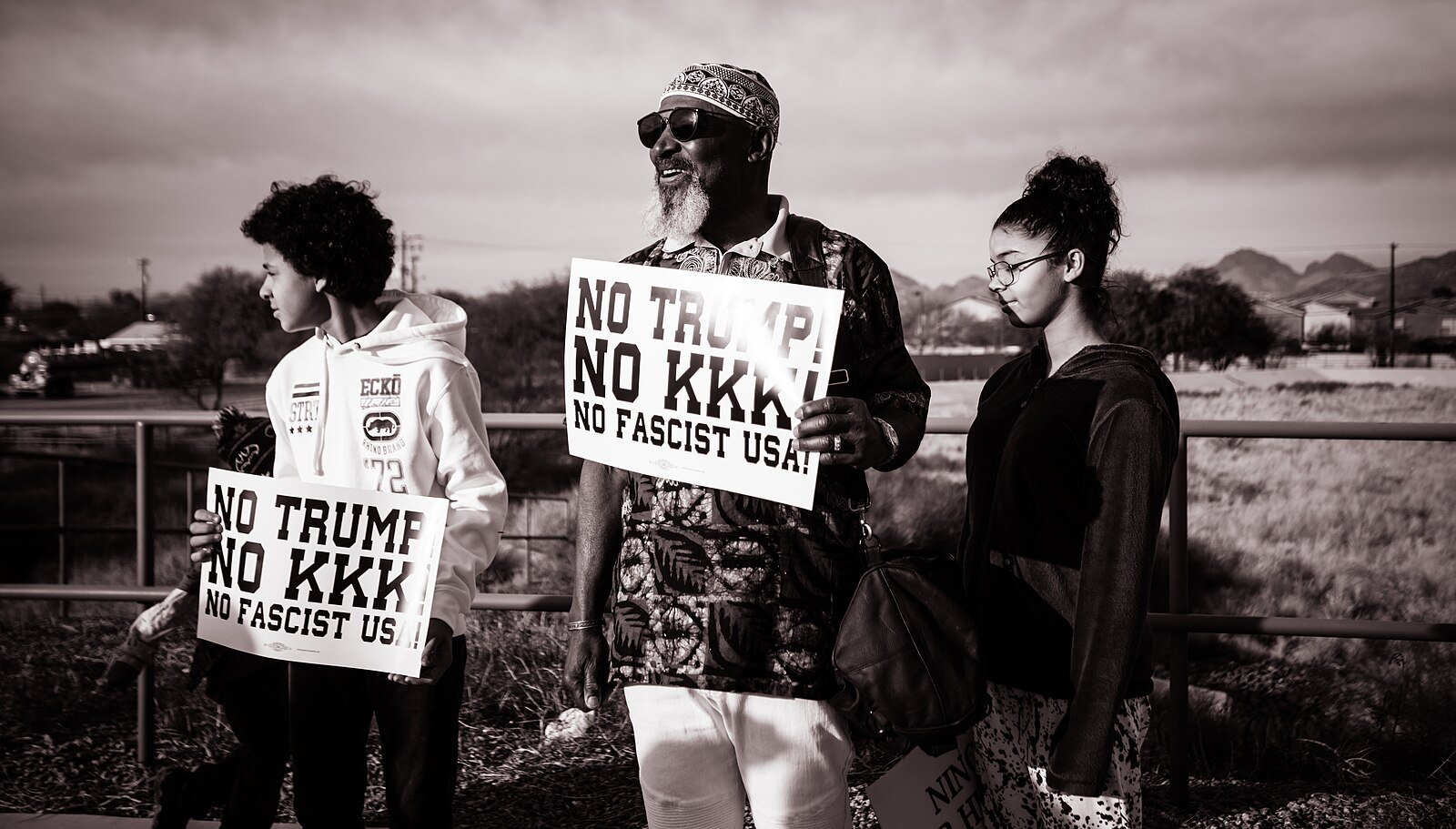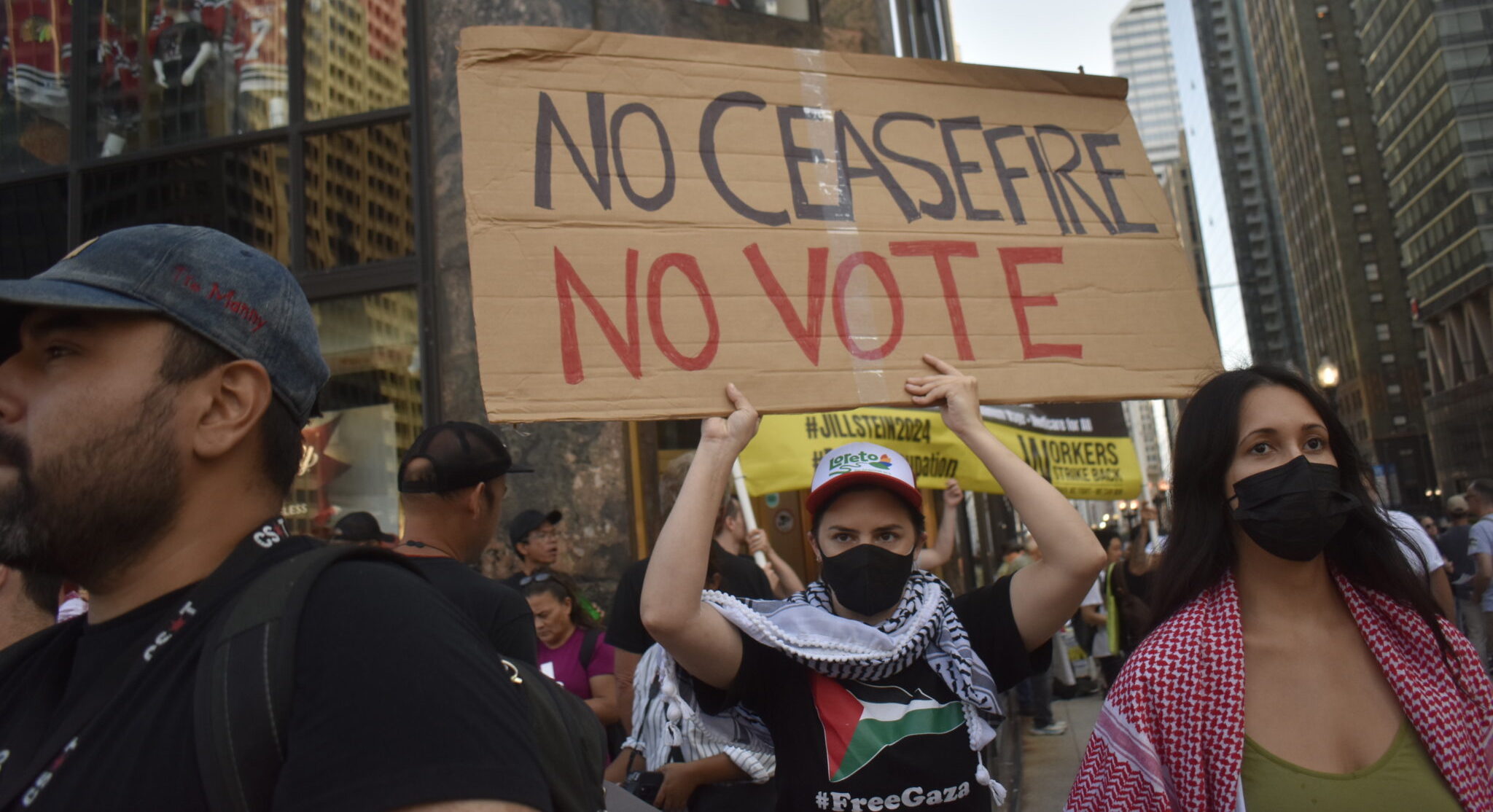
Vote for ‘Killer Kamala.’ It’s important.
With UN aid agencies and humanitarian organizations warning of an “apocalyptic” scenario in North Gaza, the Biden administration faces a lawsuit charging complicity with genocide. The “pause” that the White House has imposed on some arms shipments to Israel by no means absolves the administration of moral (or legal) culpability. However, it may have had the effect of restraining Benjamin Netanyahu’s maximalist plans to cleanse the Gaza Strip of Palestinians altogether. President Trump meanwhile recognized Israeli annexation of the Golan Heights, recognized Jerusalem as the capital of Israel, and launched the “Abraham Accords“—predicated on betrayal of the Palestinians by the Arab leadership. His 2019 executive order officially embraced the propagandistic conflation of anti-Zionism and anti-Semitism, and he now calls for complete repression (including by the military) of Palestine solidarity protests. Jared Kushner, Trump’s son-in-law who was his Middle East pointman, is now openly backing the cleansing of Gaza of all Palestinians, while his ultra-Zionist former ambassador to Israel, David Friedman, is an open advocate of Israeli annexation of the West Bank and destruction of al-Aqsa Mosque. As Trump accuses Biden of “holding back” Israel, it is clear that Netanyahu and his most hardline cabinet members like Itamar Ben-Gvirare openly rooting for him—as is the Israel Lobby in DC. In Episode 250 of the CounterVortex podcast, Bill Weinberg urges that the Abandon Harris campaign, however laudable its professed aims, can at this point only abet a Trump victory and is therefore inimical to Palestinian survival. (Photo: Ross Williams/Georgia Recorder via Oklahoma Voice)




